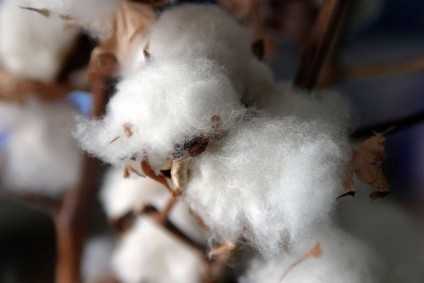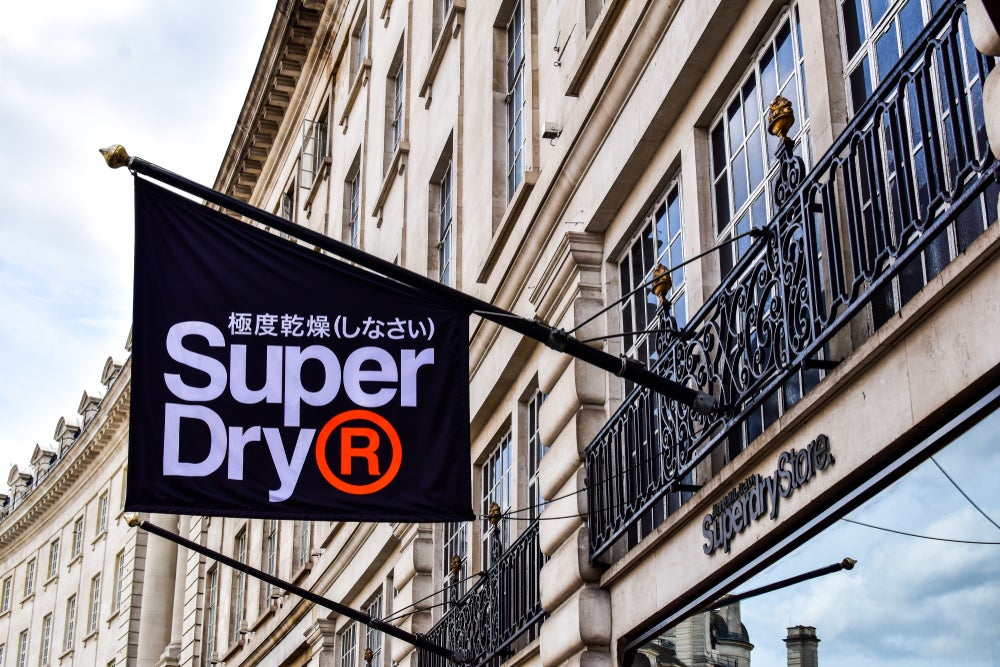
The Corruption and Human Rights Initiative has raised “serious concerns” over the methodology and ethical procedures employed by the International Labour Organization (ILO) over its third-party monitoring of forced and child labour in Uzbekistan’s cotton harvest.
‘An Evaluation of ILO Third Party Monitoring in Uzbekistan‘, published in partnership with the International State Crime Initiative, reveals what claim to be material errors of fact, significant methodological flaws, and an ethical protocol that has breached the rights of vulnerable participants.
Key shortcomings documented include a failure to obtain informed consent from vulnerable participants; a high risk that cotton pickers did not freely participate in interviews; the confidentiality of interviews and the anonymity of participants not being adequately secured; and vulnerable participants’ wellbeing compromised, including being exposed to the risk of retaliation.
Authored by methodologist Professor Kristian Lasslett, and international development specialist Vanessa Gstrein, the report also points out that data-collection was conducted under conditions that raise serious concerns over its accuracy, and there was a failure to ensure the third party monitoring team operated at arms-length from government in a way that would secure the report’s “real, and perceived, independence”.
Additional flaws were uncovered in the research design, methodology, and analysis, which Lasslet and Gstrein say potentially impacted on data-sets and associated factual assessments, while inconsistent and inaccurate information appeared in the 2017 harvest report suggesting weaknesses in quality control.
See Also:
“Our evaluation uncovered very basis errors in data analysis,” Lasslett says. “This signposted a monitoring process marked by much deeper methodological and ethical flaws. Third-party monitoring of forced labour has an important role to play in Uzbekistan’s reform process. But in its current form monitoring lacks the research integrity or organisational independence required to act as a trusted and accurate gauge of progress.”
How well do you really know your competitors?
Access the most comprehensive Company Profiles on the market, powered by GlobalData. Save hours of research. Gain competitive edge.

Thank you!
Your download email will arrive shortly
Not ready to buy yet? Download a free sample
We are confident about the unique quality of our Company Profiles. However, we want you to make the most beneficial decision for your business, so we offer a free sample that you can download by submitting the below form
By GlobalDataAmongst the greatest concern to the researchers in the 2017 ILO harvest report, was the lack of explicit reference to the vulnerability of participants who may be victims of state-organised labour, the particular sensitivities this prompts for research, or the complexities associated with conducting accurate fieldwork in a deeply authoritarian country where surveillance, arbitrary detention, torture, and repression are lived realities for citizens.
The ILO’s cotton harvest report, published earlier this year, said child labour was no longer an issue in Uzbekistan’s cotton harvest, and that forced labour was being systematically addressed.
Yet despite reforms in the country, Uzbekistan cotton remains on the list of Trafficking Victims Protection Reauthorization Act (TVPRA)-mandated goods produced with forced and/or child labour. The list contains 136 goods the Department of Labor has reason to believe are produced by forced labour or child labour, covering 74 countries.
Late last year, the American Apparel & Footwear Association (AAFA) raised concerns regarding the ILO’s monitoring methodology – and the introduction of a new category, “reluctant workers,” to characterise labour that does not appear to be voluntary.
More recently, Cotton Campaign joined forces with a raft of industry associations to put pressure on the US government to reverse its recent proposal to remove Uzbekistan cotton from a list of products that may have been produced by forced or child labour.
The authors of this latest evaluation report say they have provided detailed recommendations to the ILO in an effort to assist reform third party monitoring design and delivery.
The ILO did not return a request for comment at the time of going to press.







